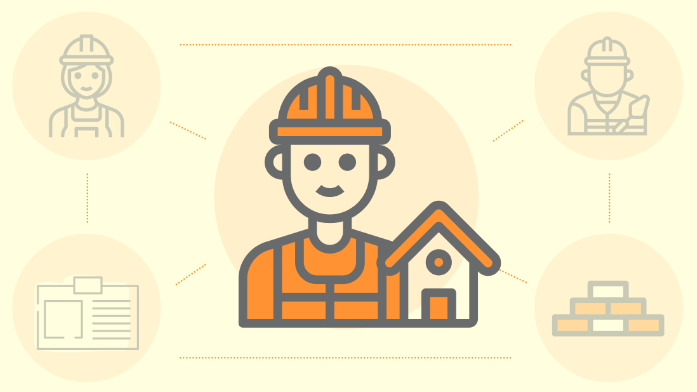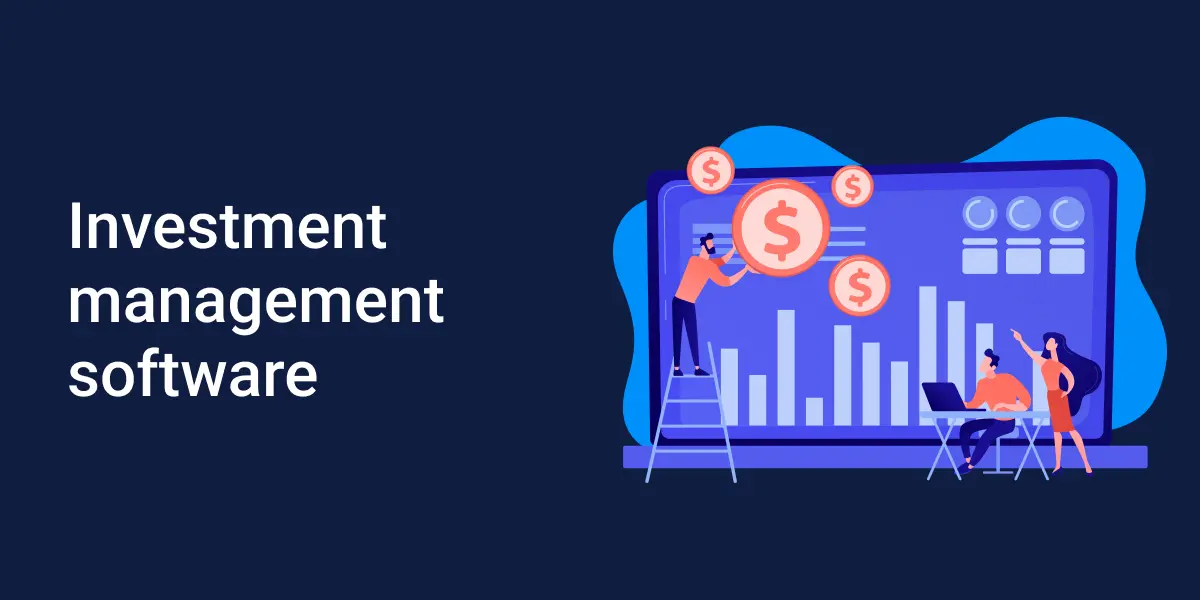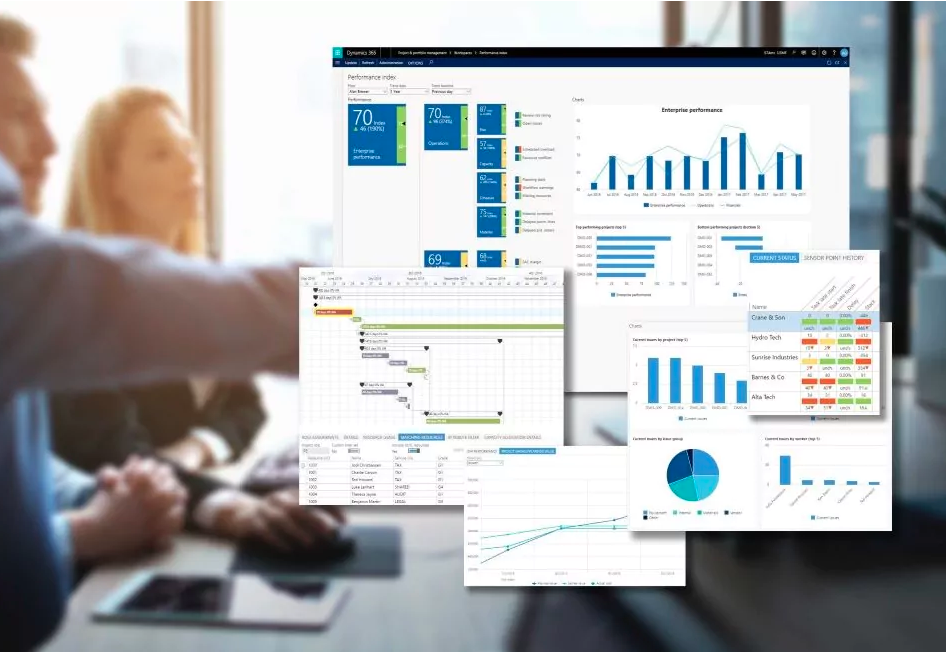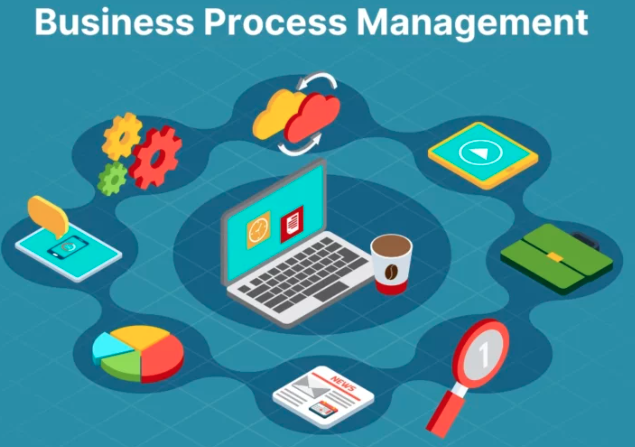In the fast-paced and ever-evolving construction industry, staying on top of project timelines, budgets, and team coordination is essential for success. With the right construction project management software, contractors, architects, and project managers can streamline operations, reduce errors, and enhance collaboration. As we move into 2025, the demand for robust software solutions that can manage every aspect of construction projects is higher than ever. The best construction project management software will offer a blend of advanced features, ease of use, and integration capabilities to keep construction projects on track.
Best Construction Management Software of 2025

Why Use Construction Project Management Software?
Construction project management software is designed to help businesses plan, execute, and monitor every phase of a construction project, from initial design to final delivery. These tools are essential for organizing tasks, allocating resources, managing budgets, tracking timelines, and ensuring quality control. Key benefits of using construction project management software include:
- Improved Collaboration: Software helps teams communicate efficiently by providing real-time updates and centralized access to project data.
- Budget and Cost Control: Helps track expenses, reduce costly errors, and maintain financial control throughout the project lifecycle.
- Project Scheduling: Simplifies timeline creation, progress tracking, and resource allocation, ensuring projects stay on schedule.
- Document Management: Organizes all project-related documents in one place, reducing the risk of losing important files.
- Compliance and Reporting: Keeps track of compliance with regulations and generates reports for stakeholders.
What to Look for in the Best Construction Project Management Software
When selecting the best construction project management software for 2025, it's important to look for features that match your specific needs, whether you’re managing small residential projects or large commercial construction. Here are some key factors to consider:
- Ease of Use: A user-friendly interface ensures that the software can be easily adopted by your team, even if they’re not tech-savvy.
- Integration Capabilities: Choose software that integrates seamlessly with other tools you already use, such as accounting software or design tools.
- Mobile Accessibility: As construction projects are often on-site, having a mobile version of the software is essential for accessing data and communicating with the team in real time.
- Customization: The ability to tailor the software to your project’s specific needs is important for optimizing workflows and ensuring efficiency.
- Reporting and Analytics: Robust reporting tools help track key performance indicators (KPIs) and provide insights into project performance.
With these factors in mind, let’s explore some of the best construction project management software options for 2025.
Top Construction Project Management Software for 2025
1. Procore
Procore is one of the most popular construction project management software solutions, widely recognized for its comprehensive range of features. It offers tools for project management, financial tracking, document management, quality control, and safety management. Procore’s intuitive interface makes it easy for construction teams to collaborate and manage multiple projects simultaneously. It also integrates with various third-party software, making it an excellent choice for larger construction firms.
Key Features:
- Project management and scheduling tools
- Budget tracking and cost control
- Real-time document sharing and storage
- Mobile access for on-site teams
- Customizable reporting
2. Buildertrend
Buildertrend is another leading software solution for the construction industry. It’s particularly favored by residential builders, remodelers, and general contractors due to its user-friendly interface and wide array of features. Buildertrend offers project scheduling, budget management, communication tools, and a client portal for seamless collaboration with stakeholders. The software is also cloud-based, ensuring data is accessible from anywhere.
Key Features:
- Project scheduling and timelines
- Client and subcontractor communication
- Document sharing and photo storage
- Budgeting and cost tracking
- Mobile access and notifications
3. CoConstruct
CoConstruct is tailored for custom home builders and remodelers, offering specialized features to suit their needs. The software combines project management, estimating, and client communication tools into one easy-to-use platform. With CoConstruct, users can create detailed project estimates, track changes in real time, and generate reports to keep clients updated. The software also offers mobile apps for on-site management and collaboration.
Key Features:
- Customizable project estimates
- Client communication tools
- Real-time project updates and change tracking
- Budgeting and cost management
- Mobile access for on-site teams
4. PlanGrid
PlanGrid is a construction software that focuses on managing blueprints, plans, and project drawings. It allows construction teams to easily access and share up-to-date construction plans from any device. PlanGrid’s cloud-based platform enables real-time collaboration and seamless document management. It's particularly useful for teams who need to ensure that the latest design updates are always accessible.
Key Features:
- Document management and drawing storage
- Real-time project updates and collaboration
- Issue tracking and resolution
- Mobile access for on-site workers
- Automated version control for documents
5. e-Builder
e-Builder is a cloud-based construction project management solution designed for owners and project managers. It offers robust features for capital project management, including project scheduling, cost management, and reporting. e-Builder helps track the entire lifecycle of a construction project, from planning to closeout, and is suitable for large-scale, complex projects.
Key Features:
- Capital project management tools
- Budget tracking and cost reporting
- Scheduling and task management
- Document control and collaboration
- Mobile app for on-the-go updates
Comparison Chart: Best Construction Project Management Software
To help you compare some of the top options, here’s a quick overview:
| Software | Key Features | Pricing | Best For |
|---|---|---|---|
| Procore | Project management, budget tracking, document management | Subscription-based | Large construction firms, project managers |
| Buildertrend | Scheduling, communication, budgeting, mobile access | Subscription-based | Residential builders, general contractors |
| CoConstruct | Customizable estimates, project management, client communication | Subscription-based | Custom home builders, remodelers |
| PlanGrid | Document management, blueprint storage, real-time updates | Subscription-based | Teams needing easy access to project plans |
| e-Builder | Capital project management, cost control, scheduling | Subscription-based | Large-scale projects, owners, project managers |
Conclusion
As the construction industry evolves, the best construction project management software of 2025 will help businesses stay competitive, efficient, and productive. Whether you're managing small residential projects or large-scale commercial constructions, selecting the right software is essential for keeping projects on time and within budget. Solutions like Procore, Buildertrend, and CoConstruct offer robust features designed to streamline operations, improve collaboration, and simplify reporting. When choosing the best construction project management software for your needs, consider factors such as ease of use, scalability, mobile access, and integration capabilities. With the right software, you can ensure your projects are managed effectively and efficiently, leading to better outcomes for your team and clients.
Explore

Discover the Best Construction Estimating Software of 2025

Best Business Management Software for Small Businesses in 2025

Best Investment Management Software for 2025

Top 10 Portfolio Management Software in 2025

Best Fund Management Software and Tools in 2025

Best SaaS Management Software & Platforms 2025

Find the Best Business Process Management (BPM) Software of 2025

Best Hotel Management Software of 2025
